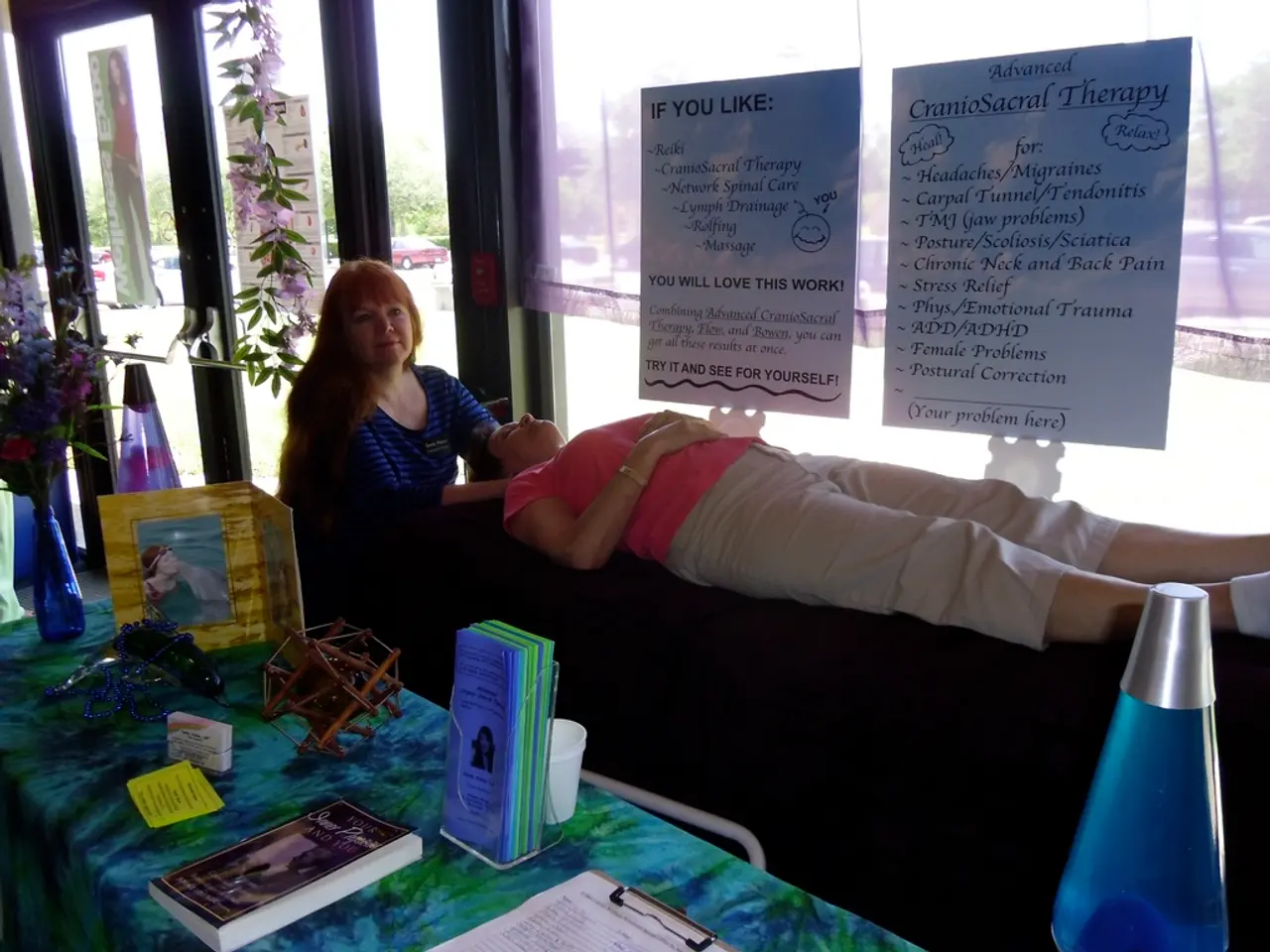Overcoming Self-Doubts: Techniques to Combat Cognitive Distortions
In a world where thoughts can often dictate our actions and emotions, it's essential to understand and manage them effectively. Cognitive distortions, irrational thoughts that can lead to psychological problems, are a common hurdle many face. However, identifying and challenging these distortions is a crucial aspect of cognitive-behavioral therapy (CBT) and can be effective across various age groups.
For Children and Adolescents
Helping young minds navigate through cognitive distortions can be a rewarding journey. Thought Records for Kids, adapted to include drawings or simple language, can help children identify and express their thoughts and feelings. Role-playing scenarios that portray common cognitive distortions like all-or-nothing thinking or jumping to conclusions can aid in understanding alternative perspectives and developing more balanced thinking. Games and activities that encourage critical thinking and problem-solving can help children build skills to challenge negative thoughts in a fun and engaging way.
For Adults
Adults can benefit from cognitive restructuring, where keeping a thought diary or log can help identify negative thought patterns. Challenging these thoughts by examining evidence for and against them and considering alternative perspectives can lead to a more balanced outlook. The "Putting Thoughts on Trial" approach, treating negative thoughts as hypotheses to be tested rather than facts, can encourage individuals to rigorously examine the evidence for and against their thoughts. Balanced Perspective Exercises can help adults practice developing more balanced and realistic views of their thoughts and emotions.
For Older Adults
Reflective Journaling can help older adults reflect on their life experiences and identify patterns of negative thinking, leading to a broader perspective on their thoughts and experiences. Cognitive Flexibility Exercises, such as considering multiple viewpoints or imagining how others might see a situation differently, can promote cognitive flexibility. Mindfulness and Meditation practices can help older adults become more aware of their thoughts and develop a non-judgmental attitude towards them.
When a negative thought arises, questioning its validity can help distinguish between facts and assumptions. The ABCs exercise, which involves assessing the situation, believing it or not, and checking the facts, can ground thinking in reality. Positive change in managing cognitive distortions is a gradual process that requires persistence and dedication.
Remember, to effectively challenge cognitive distortions, one should be patient, practice exercises consistently, and consider seeking professional help or joining a support group if needed. With time and effort, it's possible to transform negative thought patterns and lead a happier, healthier life.
[1] Beck, J. S. (1976). Cognitive therapy and the emotional disorders. International Universities Press. [2] Burns, D. D. (1980). The feeling good handbook. New American Library. [3] Ellis, A. (1962). Reason and emotion in psychotherapy. New York: Lyle Stuart. [4] Linehan, M. M. (1993). Cognitive-behavioral treatment of borderline personality disorder. Guilford Press. [5] Neenan, M., & Dryden, W. (2011). Cognitive behavioural therapy for dummies. John Wiley & Sons.
- Neuroplasticity, the brain's ability to change and adapt, plays a significant role in managing cognitive distortions, a common cause of anxiety and depression.
- Mindfulness and meditation practices, part of health-and-wellness routines, can help individuals become more aware of their thoughts, promoting emotional well-being and mental health.
- For children and adolescents, thought records, games, and role-playing scenarios can help identify cognitive distortions and foster more balanced thinking, leading to an improved mindset.
- Adults can benefit from cognitive restructuring techniques, such as keeping a thought diary, examining evidence, and considering alternative perspectives, to challenge irrational thoughts and improve mental health.
- Older adults can find refuge in reflective journaling, cognitive flexibility exercises, mindfulness, and meditation, all aimed at transforming negative thought patterns and maintaining mental health.
- Scientific works, like those by Beck, Burns, Ellis, Linehan, Neenan, and Dryden, provide valuable insights into therapies and treatments that can help individuals effectively manage cognitive distortions and lead a happier, healthier life.





